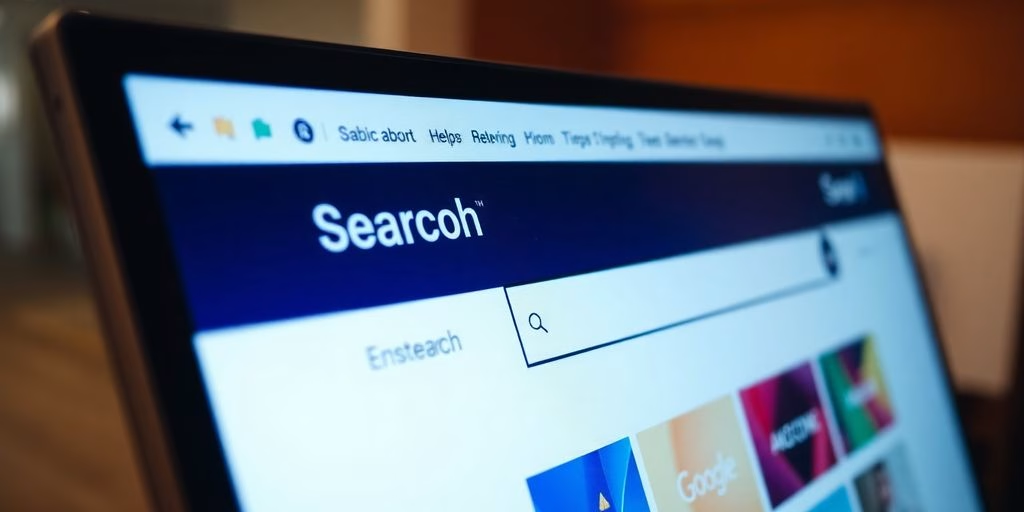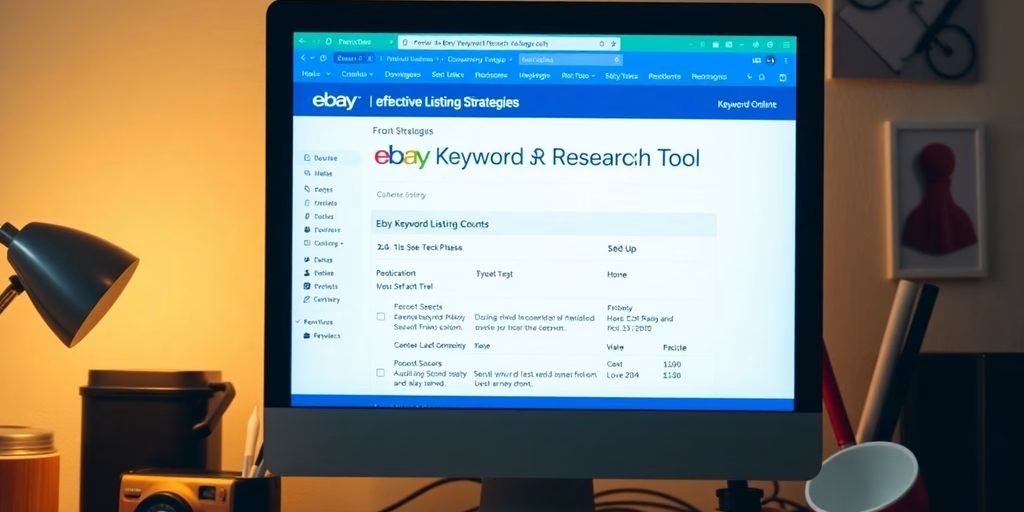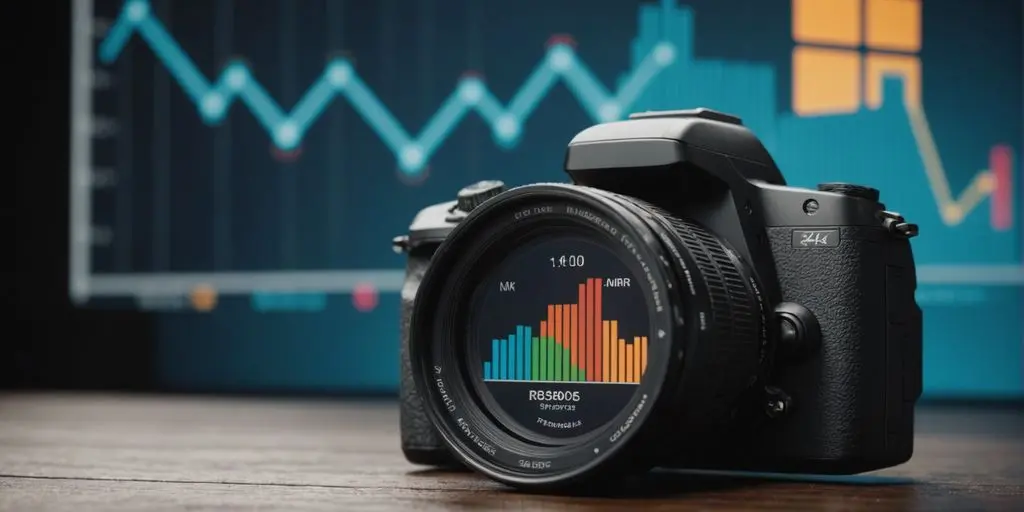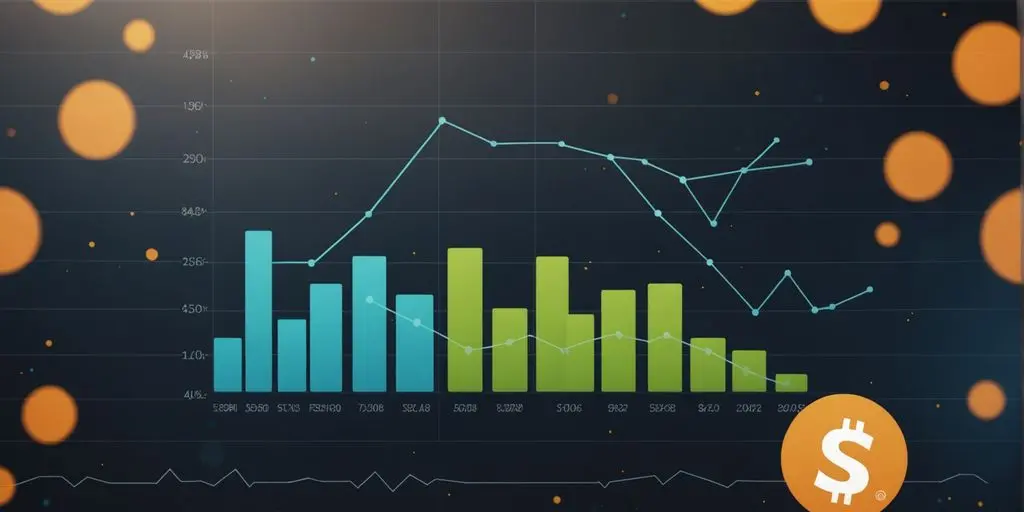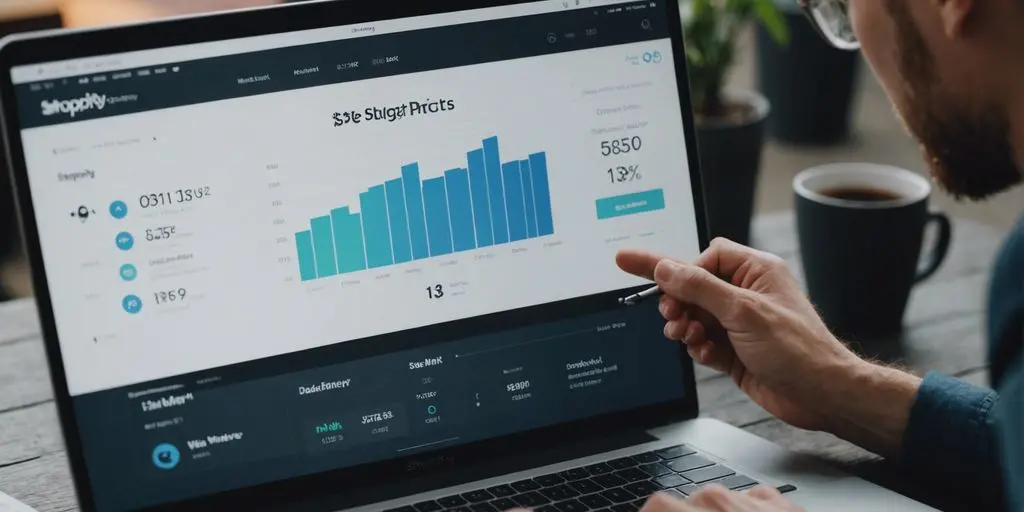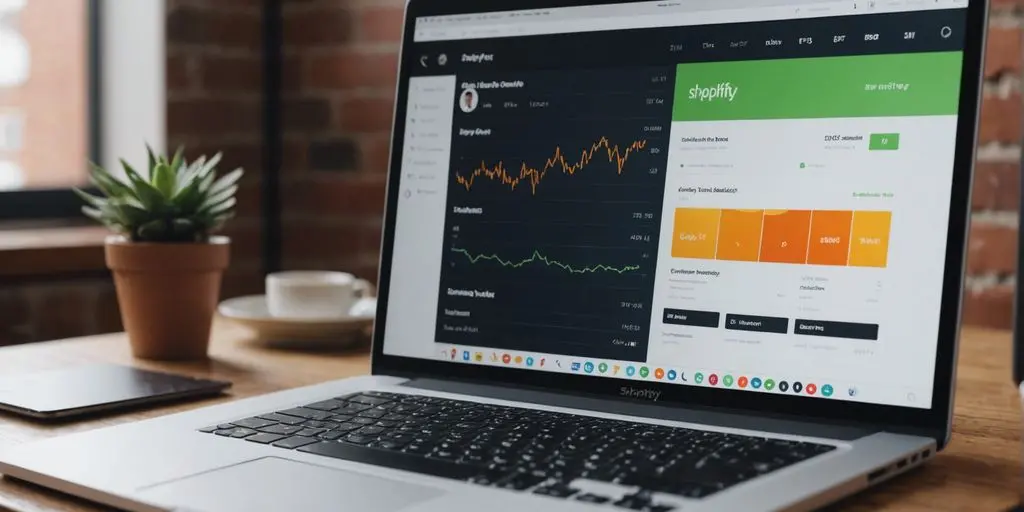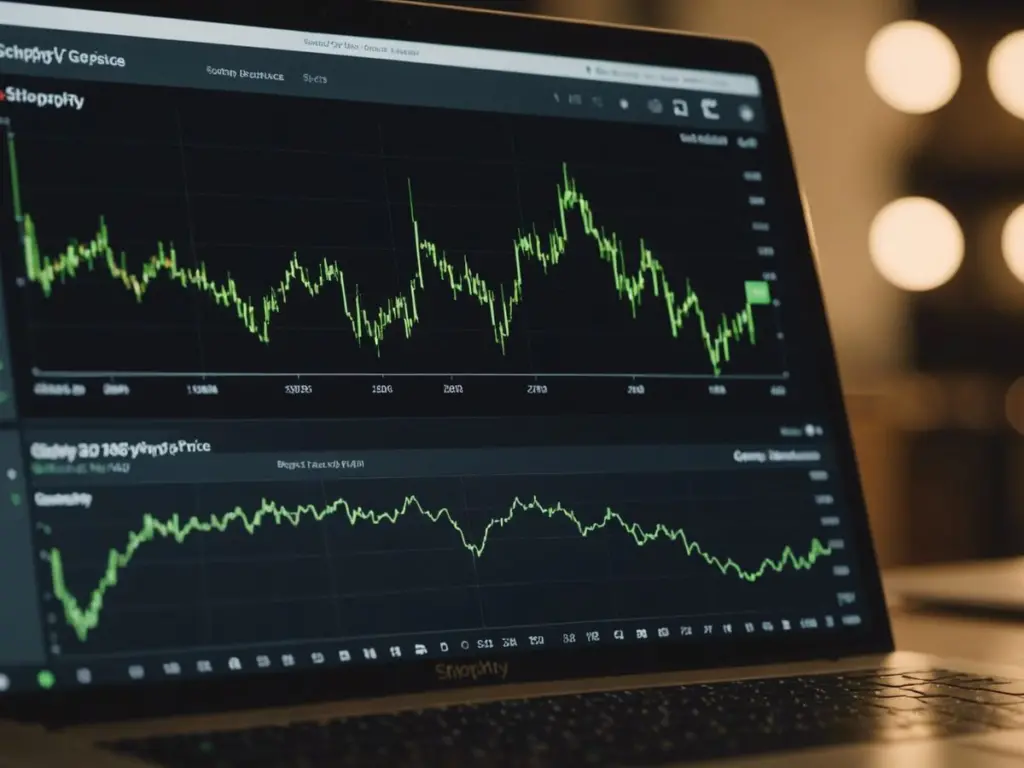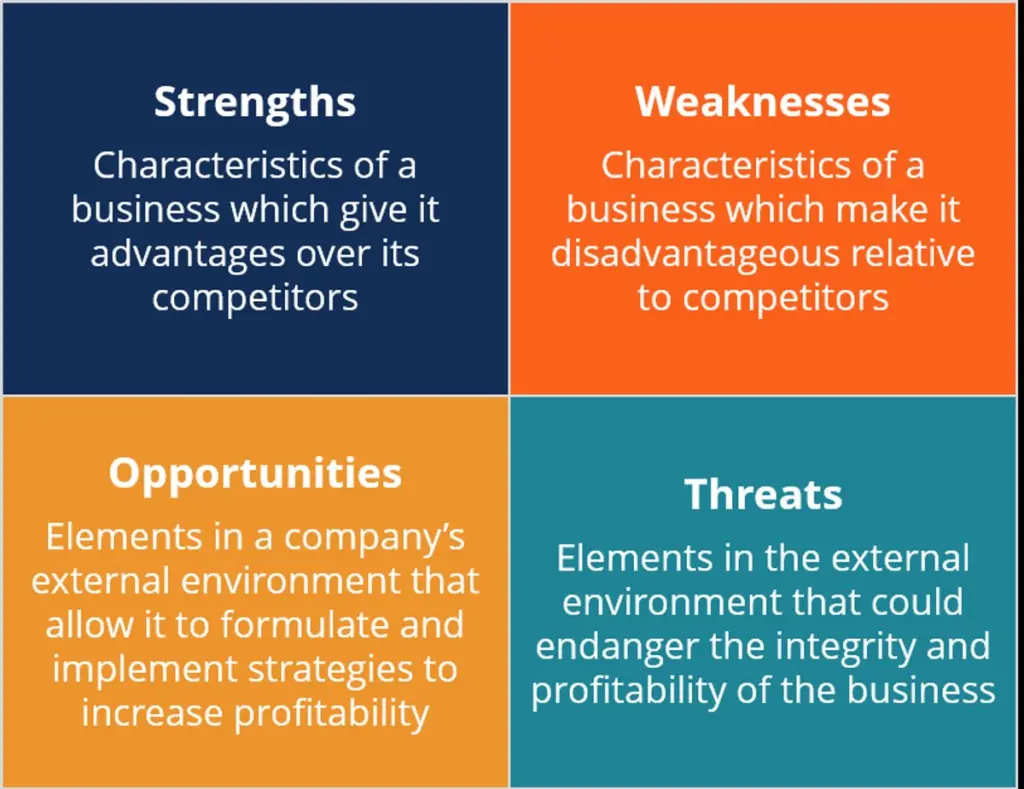Google indexing is an essential process that determines whether your website appears in Google search results. Without indexing, your website remains invisible to the world’s most popular search engine, making it crucial for online visibility and traffic. This article delves into the intricacies of the Google Index, explaining how it works, why it matters, and how you can ensure your website is indexed effectively.
Key Takeaways
- Google indexing is the process of analyzing, organizing, and storing webpage information in Google’s massive database.
- Having your website indexed by Google is crucial for appearing in search results and gaining organic traffic.
- The indexing process involves crawling, analyzing, and storing website content in the Google Index.
- Effective use of sitemaps and monitoring tools like Google Search Console can help ensure your site is indexed.
- Addressing common challenges like duplicate content and crawl errors is essential for maintaining a healthy index status.
The Google Index: Your Website’s VIP Pass
What Exactly is the Google Index?
Imagine the Google Index as an exclusive guest list for a high-profile event. If your website isn’t on this list, it won’t be making any appearances in Google search results. Google indexing is the process that ensures your website is included in this list, making it accessible to people searching for the type of services your website provides. Essentially, getting Google to index your website is like telling Google, ‘Make me available to the world.’
Why Your Website Needs to Be Indexed
Only pages indexed by Google show up in Google search results, which means indexing is a critical part of any SEO strategy. If your site isn’t indexed, it doesn’t matter how useful and relevant your content is—you still won’t be able to generate a meaningful amount of organic search traffic. In other words, without indexing, your website might as well be invisible.
The Role of Crawlers in Indexing
Crawlers, also known as spiders, are the unsung heroes of the indexing process. These automated bots scour the internet, collecting data from web pages and storing it in the Google Index. They verify a site’s index status, use schema markup, and monitor with Google Search Console for better visibility in search results. Without these diligent crawlers, the vast and ever-expanding internet would be an unorganized mess.
How Google Indexing Works: Behind the Scenes

Understanding how Google indexing works is like peeking behind the curtain of a magic show. Let’s dive into the nitty-gritty of this fascinating process.
The Crawling Process
First up, we have the crawling process. Think of it as Google sending out its little minions, known as crawlers or spiders, to scour the web. These crawlers are constantly on the hunt, discovering new and updated pages to add to Google’s vast index. Using powerful algorithms, Google analyzes your search query and matches it with the most relevant websites and webpages in its index.
Analyzing and Organizing Content
Once a page is discovered, Google indexes it. This involves analyzing the page’s content, images, and video files and storing this information in a vast database. The goal here is to understand what each page is about so it can be served up in relevant search results. It’s like organizing a massive library where every book (or webpage) is cataloged and ready to be found.
Storing Information in the Index
Finally, all that analyzed data needs a home. Google stores this information in its index, a colossal repository of web content. When you perform a search, Google sifts through this index to deliver the most relevant answers. It’s a bit like having a super-organized filing cabinet where everything is in its place, ready to be retrieved at a moment’s notice.
The magic of Google indexing lies in its ability to make sense of the vast amount of information on the web and deliver the answer you need in the blink of an eye.
Benefits of Having Your Website Indexed by Google

When your website is indexed by Google, it’s like getting a VIP pass to the internet’s most exclusive club. Here’s why it matters:
Increased Visibility in Search Results
Having your website indexed means it can appear in Google search results. Without indexing, your site is essentially invisible to potential visitors searching for relevant content. This increased visibility can drive more traffic to your site, making it easier for people to find the services or information you offer.
Boosting Organic Traffic
Indexed pages are eligible to show up in organic search results, which can significantly boost your website’s traffic. More traffic means more opportunities for engagement, conversions, and ultimately, achieving your business goals. Think of it as a way to accelerate your website’s Google index and get more eyes on your content.
Enhancing SEO Efforts
Indexing is a fundamental part of any SEO strategy. When your pages are indexed, it enhances your SEO efforts by making your content discoverable. This is where strategic XML sitemaps come into play. They help search engines understand your website’s architecture, ensuring that all your important pages are indexed and visible to users. In short, indexing is crucial for both search engines and user experience.
Getting your website indexed by Google is not just about visibility; it’s about making sure your content is accessible and valuable to users. It’s a key step in any successful online strategy.
Steps to Get Your Website Indexed by Google

Getting your website indexed by Google is like getting a VIP pass to the internet’s most exclusive club. Here’s how you can roll out the red carpet for Google’s crawlers and ensure your site gets the attention it deserves.
Common Challenges in Google Indexing and How to Overcome Them
Dealing with Duplicate Content
Duplicate content can be a real headache for website owners. When Google encounters multiple pages with the same or very similar content, it struggles to decide which one to rank. This can dilute your SEO efforts and reduce your visibility. To tackle this, ensure each page has unique content. Use canonical tags to indicate the preferred version of a page and avoid copying content from other sites.
Handling Crawl Errors
Crawl errors occur when Google’s crawlers can’t access your pages. This can happen for various reasons, such as server issues, broken links, or incorrect URL structures. Regularly check Google Search Console for crawl error reports and fix any issues promptly. Ensuring your website is accessible and well-structured can significantly reduce crawl errors.
Ensuring Mobile-Friendliness
In today’s mobile-first world, having a mobile-friendly website is crucial. Google prioritizes mobile-friendly sites in its index, so if your site isn’t optimized for mobile, you could be missing out. Use responsive design techniques to ensure your site looks and functions well on all devices. Test your site using Google’s Mobile-Friendly Test tool and make necessary adjustments.
Remember, a well-optimized site not only improves your Google indexing but also enhances user experience, leading to higher engagement and better rankings.
Why Google Indexing is Crucial for SEO

Google indexing is the backbone of any successful SEO strategy. Without it, your website is like a hidden gem buried deep in the vast expanse of the internet. Only pages that are indexed by Google can appear in search results, making indexing an essential step for driving organic traffic to your site. If your site isn’t indexed, it doesn’t matter how valuable or relevant your content is; it simply won’t show up in Google searches.
The Connection Between Indexing and Ranking
Google indexing and ranking are two sides of the same coin. While indexing ensures your site is visible to search engines, ranking determines where it appears in search results. High-quality content, relevant keywords, and a well-structured site can help improve your ranking, but none of this matters if your site isn’t indexed first.
Impact on Keyword Relevance
Keywords are the bread and butter of SEO. Proper use and relevance of keywords drive website traffic and engagement. When Google indexes your site, it analyzes your content to determine which keywords are most relevant. This process helps Google match your site with user queries, making it easier for potential visitors to find you.
Long-Term SEO Benefits
Investing in Google indexing offers long-term benefits for your SEO efforts. Once your site is indexed, you can focus on strategies for high content quality: diversify with long-form and quick bites, focus on valuable content, use analytics for precision and engagement. SEO and reader experience are key. Over time, this can lead to sustained organic traffic, higher search rankings, and a stronger online presence.
Ensuring your site is indexed by Google is the first step in any effective SEO strategy. Without it, all other efforts are in vain.
Tools and Tips for Checking Your Google Index Status
Using Google Search Console
To see if your page has been indexed by Google, you can use Google Search Console. This tool is a treasure trove of information about your site. First, add and verify your website in the Search Console. Once you’re in, head over to the “Coverage” section. Here, you can find a detailed report of indexed pages, indexing errors, warnings, and exclusions. Common errors include pages blocked by robots.txt, redirection issues, not found URLs (404 errors), server errors (500), and forbidden access (403).
Third-Party Tools for Index Checking
If you want to go beyond Google’s own tools, there are several third-party checkers available. These tools can provide additional insights and sometimes even more user-friendly interfaces. Some popular options include Ahrefs, SEMrush, and Moz. These platforms not only help you check your index status but also offer a suite of SEO tools to boost your site’s performance.
Interpreting Index Coverage Reports
Understanding the data in your index coverage report is crucial. The report will show you which pages are indexed and which are not, along with reasons for any issues. Pay close attention to warnings and errors, as these can significantly impact your site’s visibility. Fixing these issues promptly can help ensure that your site remains in Google’s good graces.
Monitoring your index status is not a one-time task but an ongoing process. Regular checks can help you catch and resolve issues before they become major problems.
Staying on top of your Google Index status is crucial for maintaining your website’s visibility and performance. Our comprehensive guide offers essential tools and tips to help you monitor and improve your indexing status effectively. For personalized assistance and to ensure your business achieves remarkable success, visit our website and contact us today!
Conclusion
In the grand tapestry of the internet, getting your website indexed by Google is akin to having your business listed in the world’s most popular directory. Without it, your site is like a hidden gem, sparkling in the dark, unseen by potential visitors. Understanding Google indexing is not just a technical necessity but a strategic advantage. By ensuring your site is indexed, you’re opening the door to increased visibility, higher traffic, and ultimately, greater success. So, roll up your sleeves, dive into the world of SEO, and make sure your website shines brightly in Google’s vast universe. Remember, in the digital age, visibility is everything!
Frequently Asked Questions
What is Google Indexing?
Google indexing is the process of analyzing, organizing, and storing webpage information in Google’s index, a massive database. This ensures that your website can appear in Google search results.
Why is it important for my website to be indexed by Google?
If your website is not indexed by Google, it will not appear in Google search results. Indexing is crucial for visibility and organic traffic.
How does Google decide which pages to index?
Google uses web crawlers to analyze websites. Pages that provide value and meet Google’s criteria are indexed and stored in their database.
What are the benefits of having my website indexed by Google?
Indexed websites have increased visibility in search results, which can boost organic traffic and enhance SEO efforts.
How can I check if my website is indexed by Google?
You can use tools like Google Search Console or third-party tools to check your website’s index status and interpret index coverage reports.
What should I do if my website is not being indexed?
Ensure your website meets Google’s criteria, submit your site to Google, use sitemaps effectively, and monitor your index status regularly.

![A Comprehensive Guide to Google Play Console Pricing [n8n]](https://cworks.id/wp-content/uploads/2025/09/cover-image-24622.avif)
![Understanding the Google Play Console Price: What Developers Need to Know [arvow]](https://cworks.id/wp-content/uploads/2025/05/4755037cthumbnail.avif)
